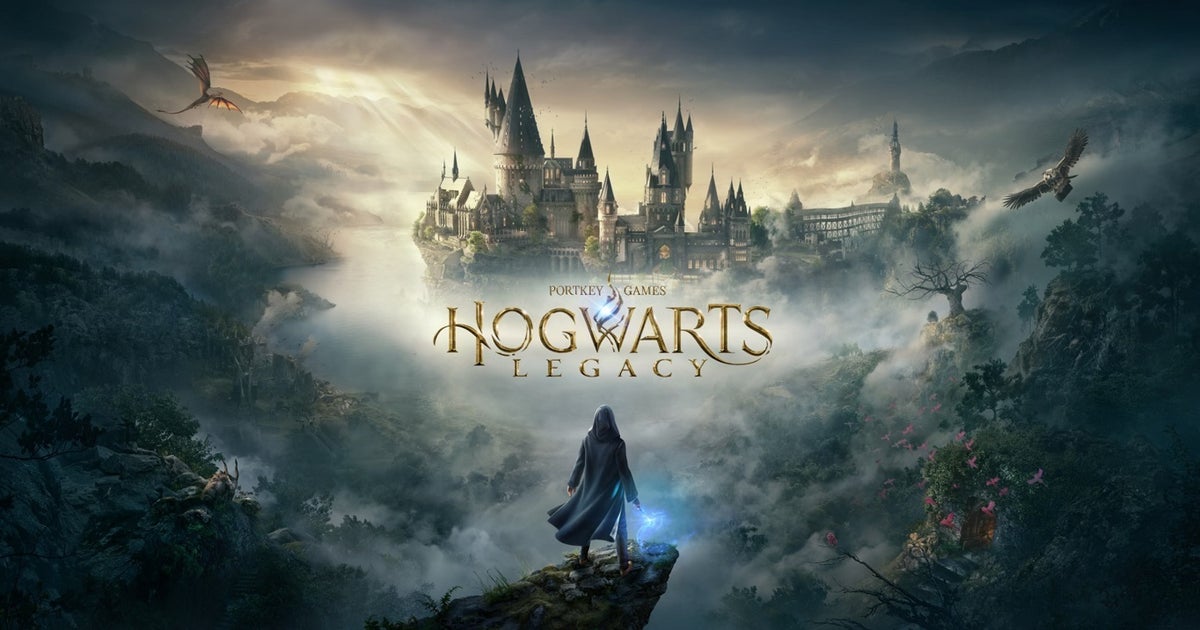76.1 million console and PC games were sold across Europe during the first half of the year, which is marginally up over the same period in 2022.
The UK was the biggest European market for game sales, representing 15.3 million games sold, a rise of 5.5% over the same period in 2022. This is followed by Germany with 14 million games sold (down 11%) and then France with 11.1 million sales (up 8%). Spain delivered 5.4 million game sales (up 6.8%), while Italy is just behind with 4.9 million (up 2.7%).
Overall 29.1 million physical games were sold across Europe, a drop of 9% year-on-year. 47 million games were sold via digital download stores, which is a rise of 7%.
This is based on GSD data, and includes physical game sold in major European markets, and digital game sales from almost all major publishers across every European country (Nintendo the notable absentee here). Digital games from indie developers and publishers are also not included. For full details on what is counted, check the foot of the article.
Hogwarts Legacy is comfortably the biggest selling game for the first half of the year across Europe. Its sales are 69% bigger than what Elden Ring managed over the same period, which was the best-selling game during the first half of 2022.
Overall, it was a strong half of the year for the big brands. Diablo 4, despite only being on sale for a few weeks when this data was counted, is already the third biggest game of the year. Meanwhile, The Legend of Zelda: Tears of the Kingdom at No.4 sold 13% more copies than Pokémon Legends: Arceus managed during the first half of last year (note: Pokémon launched in January, while Zelda arrived in May). Nintendo doesn’t share digital data with GSD, so Zelda performance is purely based on physical sales.
It was a strong year for FIFA 23, too. For the first half of the year, EA’s football game sold 24% more units than FIFA 22 managed during the same period.
Delving a little deeper, the best-selling digital game of the first six months was Hogwarts Legacy, but the best-selling physical game was The Legend of Zelda: Tears of the Kingdom.
Hogwarts was No.1 in the big European countries of UK, France, Germany and Italy, although lost out to FIFA in Spain. The Harry Potter spin-off is unsurprisingly most popular in the UK, and the game’s sales during the period are over 124% bigger than the UK’s second biggest game, which was FIFA 23.
By comparison, in Germany Hogwarts is 14% bigger than the second best-selling game, which was Diablo 4. And in France, the Warner Bros game is 17% bigger than the country’s No.2 game, which was The Legend of Zelda: Tears of the Kingdom.
European GSD H1 2023 Top 20 (Digital + Physical)
| Position | Title |
|---|---|
| 1 | Hogwarts Legacy (Warner Bros) |
| 2 | Diablo 4 (Activision Blizzard) |
| 3 | FIFA 23 (EA) |
| 4 | The Legend of Zelda: Tears of the Kingdom (Nintendo)* |
| 5 | Grand Theft Auto 5 (Rockstar) |
| 6 | Call of Duty: Modern Warfare 2 (Activision Blizzard) |
| 7 | Red Dead Redemption 2 (Rockstar) |
| 8 | Star Wars Jedi: Survivor (EA) |
| 9 | NBA 2K23 (2K Games) |
| 10 | Resident Evil 4 (Capcom) |
| 11 | God of War Ragnarok (Sony) |
| 12 | Mario Kart 8: Deluxe (Nintendo)* |
| 13 | Dead Island 2 (Deep Silver) |
| 14 | The Last of Us: Part 2 (Sony) |
| 15 | Far Cry 6 (Ubisoft) |
| 16 | Final Fantasy 16 (Square Enix) |
| 17 | Assassin’s Creed Valhalla (Ubisoft) |
| 18 | Nintendo Switch Sports (Nintendo)* |
| 19 | Tom Clancy’s Rainbow Six: Siege (Ubisoft) |
| 20 | Grand Theft Auto Online (Rockstar) |
* Digital data unavailable
GSD digital data includes games from participating companies sold via all major PC digital stores (Steam, Epic, Blizzard etc), Xbox Live, PlayStation Network and Nintendo Eshop. Major participating companies are Activision Blizzard, Bandai Namco, Capcom, Codemasters, Electronic Arts, Embracer Group (including Gearbox, Koch Media, Sabre Interactive), Focus Entertainment, Konami, Marvellous Games, Microids, Microsoft (including Bethesda), Milestone, Nacon, Paradox Interactive, Quantic Dream, Sega, Sony, Square Enix, Take-Two, Ubisoft and Warner Bros. Nintendo and 505 Games are the notable absentees, alongside smaller studios.
Digital data includes games sold in Austria, Belgium, Bulgaria, Croatia, Cyprus, Czech Republic, Denmark, Finland, France, Germany, Greece, Hungary, Iceland, Ireland, Italy, Luxembourg, Malta, Netherlands, Norway, Poland, Portugal, Romania, Russia, Slovakia, Slovenia, Spain, Sweden, Switzerland, Turkey, Ukraine, and United Kingdom.
Physical data includes all games, but only those sold in Austria, Belgium, Denmark, Finland, France, Germany, Italy, Netherlands, Norway, Poland, Portugal, Spain, Sweden, Switzerland and United Kingdom.

